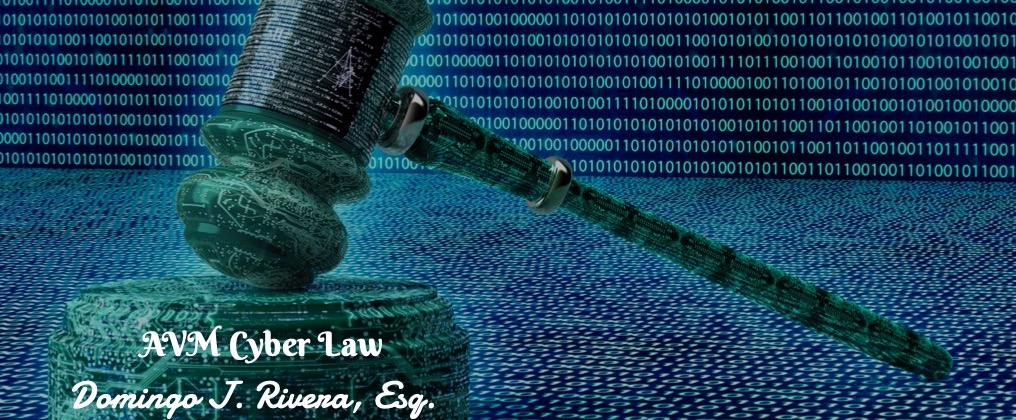Anonymous Internet Cowards and Public Interest Law Firms
Wed, May 9, 2012
Read in 4 minutes
Our Internet law firm stands out for our use of technology to assist our clients, methods that, in my experience, most lawyers don't even understand. Will the evidence be admissible? I submit to you that it does not really matter. Once the target is identified,

In our efforts to identify the authors of defamatory contents targeting our clients, we utilize many methods. Sometimes we issue subpoenas, but that is not all we do. Our Internet law firm stands out for our use of technology to assist our clients, methods that, in my experience, most lawyers don’t even understand. Will the evidence be admissible? I submit to you that it does not really matter. Once the target is identified, if litigation results our client will be entitled to issue discovery, which will need to be answered under oath. If the target lies, we will have enough to impeach this person in front of a jury. As a technology guy, I find this more effective (and absolutely less boring) than writing sleep-inducing legal briefs. By the time these briefs are filed, we have often identified the author through technology.
Now, some people who get these subpoenas are faced with a choice, fight the subpoena or try to work it out. So, they seek advice from “Uncle Google", where they may find some of the aforementioned briefs filed by certain “public interest law firms contesting the subpoenas. Due to my results-oriented approach and lack of interest in useless debate, I have refrained from posting what happened in these cases. Rest assured, we got what we wanted and the subpoenas were moot as unnecessary. Lesson learned: to the extent permitted by law, we will use technology to stay ahead of dinosaur law firms. This is important, because whether you are Dr. M.L. posting about a fellow doctor, D.A. from San Francisco, Dr. J.E. posting about a newly graduated surgeon, or a school teacher from Florida posting during working hours at the taxpayer’s expense, it is very likely that we will get to you, legal briefs or not. (Note that the initials were used to protect the identities of those involved, at least for the time being).
Now, what about the First Amendment? We all know that opinions regarding matters of public interest are protected. If someone writes about a doctor (or any other business or professional) claiming to be a patient (or customer), do we take that at face value? Are we so naive? Now, some of these well-intentioned but naive "public interest" attorneys may claim that this is protected opinion. On the face of the post, they are probably right. Now, true story; what if the post was traced to a surgeon who was never a patient? Even my naive "public interest" friends may agree that we have a problem here. If the premise that there was a "surgery" is false, is this really an opinion protected by the First Amendment? Really?
This is only an example. The attorneys who participated in my recent Internet defamation CLE saw more examples, and I can write a book with the stuff I have seen. Recently, we had a heated court argument in Virginia regarding the need to reveal the identity of an anonymous poster. Fortunately, we prevailed. When the answer came back, the author was a competing doctor. Do you see a pattern here? What if I cited 20 more examples (which would be only a fraction of what we have seen)?
From my experience, I have no sympathy for people who hide behind anonymity to trash others. It is just not an honorable and honest thing to do. If you are a real patient or a customer with a gripe, you can simply attempt to resolve the issue like people of character do. If you can’t, then express yourself all you want and stand by what you said. Unfortunately, cowards don’t do that. If you don’t lie about material facts, you will probably be safe from a lawsuit.
The real “chilling effect” of the situation is that if Courts do not require the identity of the poster to be revealed because the statement on its face is only an “opinion” how can you protect yourself from being defamed on the Internet? The doctor in the post pictured above may have had her career as a surgeon shattered before it began. Perhaps, courts should require disclosure under seal to protect all involved and to determine the course moving forward. In the meantime, the fight against Internet defamation using all legal means, whether conventional or not, will continue. To the “public interest” law firms, we appreciate your briefs, even if naive.